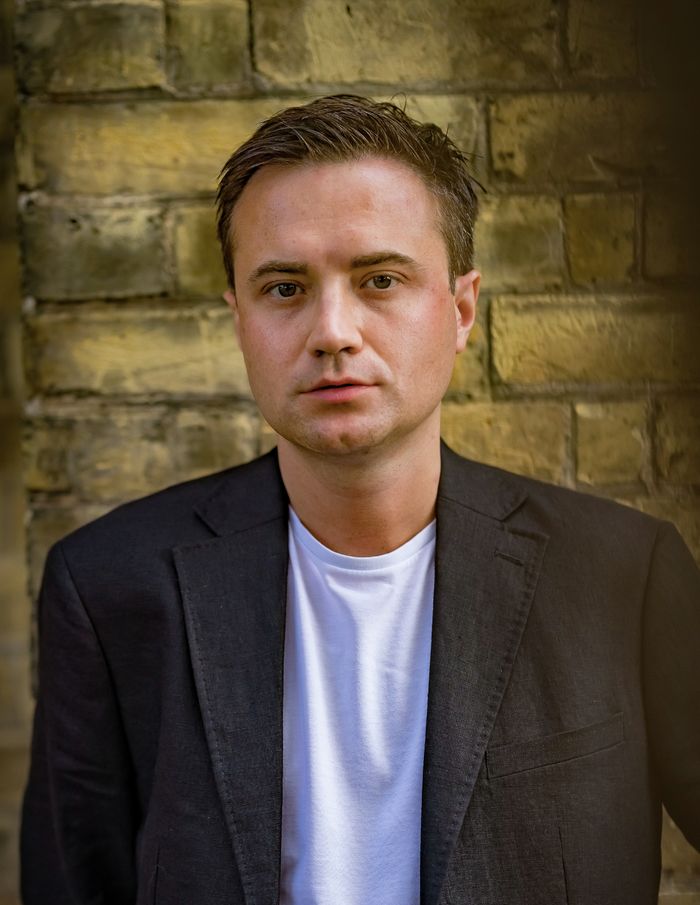The ‘novel’ experience of Cambridge
Emily Cushion explores Forster and Hughes’ romantic yet dissatisfied portrayals of Cambridge life and asks why everyone wants to write about our university

The so-called ‘Cambridge Experience’ is romanticised globally: each year we see a repeated pattern of teenagers spending years prepping for their application, and tourists flocking to the same revered colleges for an Instagram pic. But, with overwhelming workloads and intense academic scrutiny, Cambridge students often become disillusioned with something that was once their dream. While this is certainly a current problem, a literary glance can lead us to believe that student dissatisfaction might have clouded Cambridge for years.
King’s alumnus E.M. Forster, an Edwardian era author, took inspiration from his own Cambridge experience in writing what was arguably his magnum opus — the hard-hitting and revolutionary novel Maurice. Despite having been written over a century ago, the novel was already attempting to deconstruct some of the myths about student life in Cambridge. At Forster’s time of writing, many boys from affluent English families were expected to continue their education at Oxbridge, which itself was merely a stepping-stone into a career they were destined for since birth. In attending the university, Forster claims Maurice is “stepping into the niche that England had prepared for him”; while this is an action, it’s a relatively passive one — he simply does what is expected of him.
“Oh Morrie, my darling — and we did so look forward to Cambridge”
Moreover, Cambridge appears to be more of a familial ambition: upon his expulsion, Maurice’s mother dismays, “Oh Morrie, my darling — and we did so look forward to Cambridge.” Forster tells us this was her dream, rather than her son’s. These pressures can often manifest themselves in ‘imposter syndrome’, a familiar sensation for many Cambridge students. While this potentially pretentious term might not have been around in Forster’s time, Maurice certainly feels his own version of it: “The sounds of the May term, the scents of the Cambridge year in flower, floated in through the window and said to Maurice, “You are unworthy of us.” This personification evokes the vividness of imposter syndrome; Forster accurately relates it as an encompassing emotion transcending logic and reason, thereby suggesting something far more deep-rooted. Maurice is a novel centred on belonging, with a protagonist constantly reckoning with his own place in the world. Early issues of displacement in Cambridge foreshadow more escalated troubles — Maurice later deals with the consequences of being gay in Edwardian England. In laying Maurice’s roots of not belonging in Cambridge, Forster pinpoints that the issues of imposter syndrome and disillusionment aren’t just university-based, but carry forth in reality.
“Disillusionment is indisputably rife in Cambridge’s literature”
While Maurice is a particularly apt literary example of student dissatisfaction, it isn’t the only one — Pembroke’s Ted Hughes poeticises this in ‘God Help the Wolf After Whom the Dogs Do Not Bark’: “The Colleges lifted their heads. It did seem / You disturbed something just perfected.” Here, with Newnham alumna Sylvia Plath as subject, Hughes humanises Cambridge to demonstrate its disapproval of her — we develop a similar sense of her lack of belonging. Hughes goes further in ‘X’ to establish an outright rejection of the university: “Cambridge was our courtship. / Not the colleges, or such precincts […].” These lines allude to the city resonating far beyond its academia — Hughes seems to favour the town above the gown in this display of disenchantment. Many of us might take comfort in the fact that, as one of England’s most renowned poets to date, Hughes only achieved a third-class degree at Cambridge, though his poetic legacy is intrinsically connected to his time there. Academia should not be the sole part of our Cambridge experience.
Disillusionment is therefore indisputably rife in Cambridge’s literature, though even Forster and Hughes at times fall victim to idealisation of the university. Forster intrinsically links Maurice’s heart-wrenching love affair to Cambridge: “Their love belonged to it, and particularly to their rooms, so that he could not conceive of their meeting anywhere else.” Here, Cambridge takes a more active role in the novel’s plot, dissipating some of the discontent felt by its protagonist. Hughes presents the city through a similarly romantic lens in simply saying “That was our place” — despite his evident reservations about Cambridge, he cannot deny its having birthed his relationship with Plath.
The endurance of romance within works attempting to deromanticise Cambridge ultimately implies that, while student disillusionment must be acknowledged, the Cambridge experience is one like no other. It’s something that has changed lives since the university’s establishment, and its literary legacy, despite revealing these irrefutable flaws, inherently asserts a justifiable idealisation of the university. Cambridge, as a town, university and experience, begs to be written about, and thus memorialised through this literature. Perhaps this can be considered a romanticisation in and of itself.
 News / Clare Hall spent over £500k opposing busway 24 December 2025
News / Clare Hall spent over £500k opposing busway 24 December 2025 Comment / The ‘class’ of Cambridge24 December 2025
Comment / The ‘class’ of Cambridge24 December 2025 News / Caius mourns its tree-mendous loss23 December 2025
News / Caius mourns its tree-mendous loss23 December 2025 Comment / League tables do more harm than good26 December 2025
Comment / League tables do more harm than good26 December 2025 News / Girton JCR publishes open letter expressing solidarity with Palestine25 December 2025
News / Girton JCR publishes open letter expressing solidarity with Palestine25 December 2025









